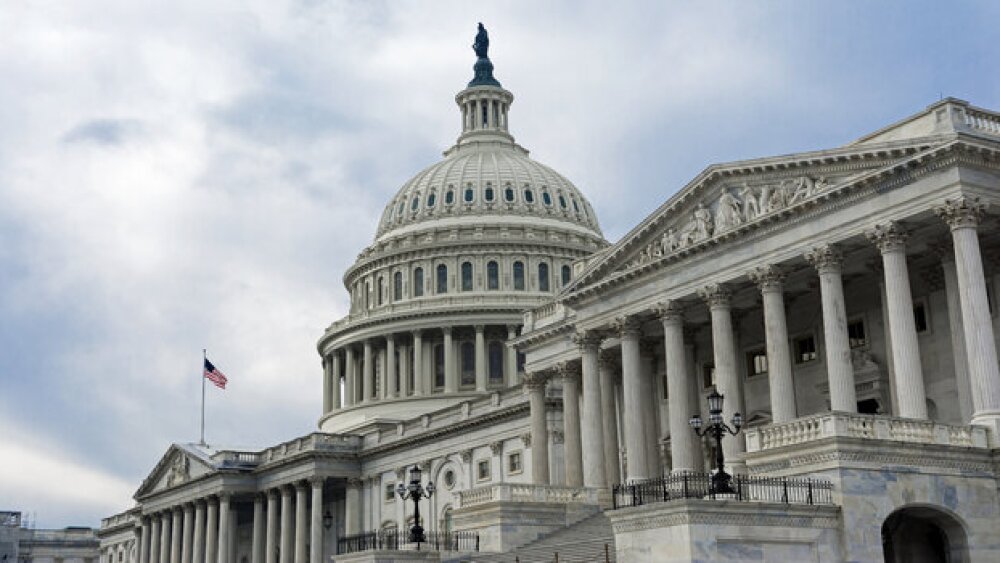Republican lawmakers have called on the Food and Drug Administration to explain its foreign inspection programs for drug manufacturers in China and India as shortages continue in the U.S.
Pictured: U.S. Capitol building/iStock, Mikhail Makarov
Tuesday, the House Committee on Energy and Commerce asked the FDA to answer detailed questions regarding the regulator’s inspections of foreign pharmaceutical manufacturing plants, particularly those in China and India, as the U.S. continues to struggle with drug shortages.
In a letter to FDA Commissioner Robert Califf, House Energy and Commerce Committee Chair Cathy Rodgers (R-WA), as well as Subcommittee Chairs Brett Guthrie (R-KY) and Morgan Griffith (R-VA), pointed out that “Chinese and Indian manufacturers receive the most FDA Warning Letters.” This makes stringent foreign inspections particularly crucial as the FDA has recently allowed the “temporary import of otherwise unapproved drugs” from these countries.
Concerned that the U.S. is becoming “overly reliant on sourcing from foreign manufacturers with a demonstrated pattern of repeatedly violating FDA safety regulations,” the House committee has launched its own investigation into the agency’s foreign drug inspection program.
To ensure proper oversight, the committee is asking Califf to provide information regarding the number of regulatory actions the FDA has taken against non-compliant foreign facilities, as well as the specific actions the agency has taken.
The committee has also asked questions regarding manufacturing plants in India and China, particularly those that have already been issued warning letters. In the case of Chinese manufacturers, the lawmakers want the FDA to lay out its plans to ensure that transparent inspections can continue despite China’s expanded National Security Law.
Califf has been given a deadline of August 1, 2023, to respond to the committee’s questions.
The congressional letter comes as the FDA is grappling with several drug shortages. In cancer, for instance, the agency has reported that there is a current shortage of injectable cisplatin, carboplatin and dexamethasone sodium phosphate, all of which are commonly used in chemotherapy regimens.
To address this shortage, the FDA sent a letter to India-based Intas Pharmaceutical Limited in June 2023, allowing the import of some injectable and oral drugs that are currently in short supply in the U.S. However, the regulator had previously flagged several critical quality control gaps at Intas and it had put the manufacturer under Import Alert.
“The drugs on this list will be reconsidered if shortage and medical necessity implications change,” the FDA told the Indian manufacturer in its letter.
These quality failures at foreign plants have also led to a record number of recalls—the highest in the last five years, according to the FDA’s annual Report on the State of Pharmaceutical Quality. In fiscal year 2022, there were a total of 912 recalls across 166 manufacturing sites. Chinese sites also accounted for the highest number of Import Alerts.
Tristan Manalac is an independent science writer based in metro Manila, Philippines. He can be reached at tristan@tristanmanalac.com or tristan.manalac@biospace.com.






